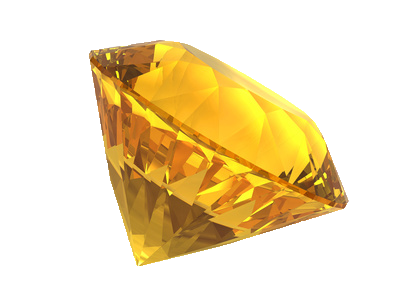Green Living
Global Warming
In the beginning of time , there were no cars, refrigerators, heating boilers,
gas stoves or factories; technology was non-existent. However, today the globe in under threat from air pollution and water contamination causing extinction of animal species, destruction of rain forest and extreme changes in climate. All this is having a
damaging effect on the environment and as a result , the planet is becoming hotter and the world is experiencing global warming.
Harmful gases in the atmosphere are allow sunlight through to the earth but doesn't let the heat
back out again, hence causing a greenhoouse effect. This action is also know as global warming.
Global warming is mainly caused by excess emission of carbon dioxide, nitroxide and methane.
These gases are produced by industries to generate electricity:
- The carbon dioxide is realeaed into the atmosphere by burning fossil fuel such as coal, oil, petrol, gas and wood.
- Nitrogen oxide is released into the air from fuels and fertilisers.
- Methane gas is emitted from the rubbish buried in landfill sites and from cattle ranching.
Other greenhouse gases that contribute to global warming are:
Hydo carbons such as CFC (Chloro fluoro carbons) - comes in the form of spray cans, refrigerators and buble foams in plastics.
They are mainly responsible for damaging the ozone layer of the atmosphere causing the "hole in the sky". The ozone layer
is important to our planet as it shields the earth from ultra violet rays of the sun which cause skin cancer (Neale 1989).
Sulphur dioxide - This gas is released by nuclear power stations that burn fossil fuels such as oil, gas and coal to heat
the water and produce electricty. Sulphur dioxide is responsible for polluting the air, waste and soil.
Effects of global warming
- Extreme weather conditions will cause heat wave, floods draoughts and storms.
- Desert will become hotter
- Half the world glaciers will melt and Arctic ice would reduce
- As the amount of solar radiation increases, the global warming would be amplified further.
- Quality of water supply will be poorly affecting the health of manking and all animals will be under risk of spreading disease is likely.
- Agricultural activities will deteriate causing decrease in ceral prodicution.
- Hotter weather could lead to famin in arid countries. droughts could destroy crop and so food shortage would lead to stravation.
- Physical infrastructuire maybe damages by sea levels and extreme eweather events and human society will face new risk and pressure (Donnellan 1998)
Solution - What can be done?
Changes in practises and lifestyles and personal habit can help to reduce the greenhouse effect:
- Use enrty efficiently will help minimise emission of harmful gases.
conserve heat by proper insulation
- Recycle warm air and water and use fluoresent lighting.
- Cycling or walking instead of driving cars
- Driving slowly which use petrol efficiently.
- Buying products such as dishwasher and refrigerators which are environmentally friendly.
- Avoid buying product conaining CFCS
- Avoid buying wood which is imported from tropics.
- Policy maker can encourage energy efficiency in supply and consumption.
- Power stations can use fuel low in suphur or remove sulphur as the burl is burned.
- Stop nuclear power station being built
- Expand on tidal wave, wind and solar.
Read on India's recycling habits:
- Cows muck is dried and used as fuel since it produces methane.
- 50s and 60s old cars are still in use
- Left over foods are give to dogs and very poor..
- Fizzy drink bottles re sterilised and reused
- Jars are used for refilling.
- Any packaging is reused in the home for storing items
- Old clothes are given to the poor or cut to make new outfit
References
Air pollution (1998) Department of the Environment Transport and the Regions UK
Air pollution and acid rain (1998) Cresswell, Twigg and Buchalahl
Annual Review London, FOE (1999) Friends of the Earth
Climate change (1998) C Donnella
Climate change begins at home (2005) D Reay
Greenhouse effect (1989) P Neal
Green Peace Guide (1999) Green Peace
How we can save the planet (2004) M Hillman
How to live a low carbon life: The individual's guide to stopping climate change (2007) C Goodall
National society for cleaner air and environment protection (1995) Motor Vehicle Pollution
Pollution causes, effects and control (1990) RM Harrison
The rough guide to ethical living (2006) D Clark
The rough guide to climate change: symptoms, science and solutions (2008) R Henson
The discovery of global warming (2004) S Weart
Water and life (1990) P Parker
What a load of rubbish (1990) S Skidmore
Working together for cleaner air (2000) Department of the Environment Transport and the Regions UK
